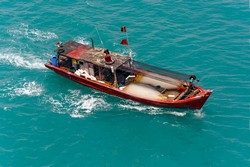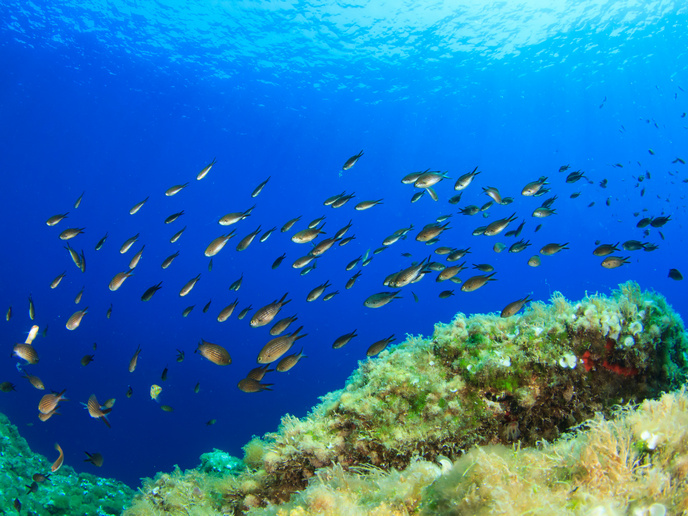South China Sea fishing tensions
The South China Sea is a region of territorial conflict among China, Vietnam and other Asian nations. The territorial arguments promote further conflict about marine resources, including fisheries. Backed by EU funding, the MARENCLOSURES (Maritime enclosures. Fishing communities facing the effects of the South China Sea dispute) project considered the effects of such conflicts from local-level perspectives. The team identified key Chinese and Vietnamese strategic locations in the South China Sea. Researchers found that the disputes severely affect communities at such locations. There, states organise fishermen into maritime militias and dictate fishing operations. Investigators developed an innovative methodology, including triangulation of historical data and material from micro-level fieldwork. Ethnographic fieldwork supplemented the novel methods, resulting in a new analysis of how affected communities stake claims to fishing grounds. Findings indicated that the sea is a source of conflict, but also of opportunity. New legal initiatives from China and Vietnam apparently foster integration through marine trade. Such trade, although difficult to regulate, constitutes an important source of income for fishermen and related traders involved in cross-border commerce. Several of the project's published papers emphasised the effect of state-level conflict on fisheries. Specifically, the team addressed ecological degradation and enclosure of commons. Such enclosures suppress the voices and interests of local fishing communities. A further finding was that fishermen are not always victims, but also sometimes instigators of conflict. Other published papers addressed various levels of conflict among fishing communities in terms of religion. Religious identification may or may not be exclusive. One paper examined historical, cultural and ethnic linkages throughout the South China Sea. The MARENCLOSURES project untangled some of the causes and effects of conflict in the study area. Such work may shed light on other similar conflicts as well.







